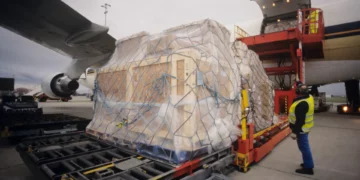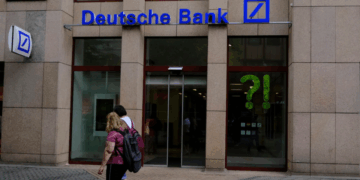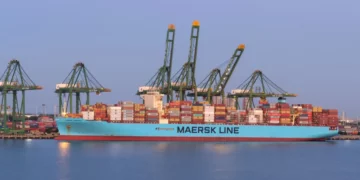China possessed Hambantota Port in Sri Lanka lies 18kms from the Mattala Rajapaksa International Airport. Unfortunately, the airport has revealed its state of being the slightest used airport globally.
Loans from China push Sri Lanka and Pakistan into crisis
Like Sri Lanka, Pakistan is also the most humongous beneficiary of economic backing from China, leading to political and economic disorder. However, instead of Chinese loans making the two economies more resilient, the client states of Beijing have accurately folded up in the wake of the international economic catastrophe brought on by a pandemic, which paradoxically has origins in Wuhan, China.
Sri Lanka is presently winding under protests owing to rampaging inflation; Pakistan is in a free drop with Prime Minister Imran Khan Niazi merely in the name after completely exposing the sensitivity of democracy in the Islamic Republic for his survival.
The Chinese Communist Party (CCP) possessed media discharges predatory fiscal policies of Beijing as western propaganda and insists that loans given to nations like Sri Lanka and Pakistan are merely a tiny portion of their comprehensive debt portfolios. These Chinese claims are validated by the openly available information on government-to-government loans from China. However, this is merely 50% of the story as information on the actual liabilities or seepages of the borrowing nations on account of definite returns on investments, commercial loans etc., is not readily available.
Like in the case of Pakistan, Beijing has maintained that its loans encompass 10% of Sri Lanka’s total external debt. This works out to be USD 5 billion out of the total debt of close to USD 51 billion. However, this figure does not include currency swaps, foreign currency term facility agreements, or loans from Chinese state-possessed business enterprises. In addition, project-centric loans given by the Chinese EXIM bank are predicted to be USD 4.8 billion, out of which merely USD 1 billion carries a concessional interest rate of 2%, whilst the remaining possesses a colossal rate of 6%.
In Pakistan, the Chinese EXIM Bank has lent USD 11 billion (concessional) at an interest rate of 1.6% for infrastructure projects and another USD 15.5 billion (commercial) possessing an interest rate of 5-6% for power projects within the China Pakistan Economic Corridor, a faction of the BRI and fabricated to give Beijing accessibility to the Arabian Sea and further.
All debts are denominated in USD, which windbreaks the Chinese experience to exchange rate variations but surges the cost of hard currency for the borrowers. In Pakistan, the debt burden has constantly flooded due to the regular depreciation of the Pakistani Rupee at an average of 6% annually. In Sri Lanka, the Lankan Rupee collapsed in days, drastically surging the hard currency cost.
The reason for the crisis in these nations cannot be put on the shoulders of Beijing, as the majority of it lies in the myopic leadership of these countries. Interested by the easy accessibility of loans from China to fund ambitious infrastructure projects that give an impression of swift economic development to the unsuspecting public, these leaderships flung monetary prudence and economic viability out of the window to hold political power. With Beijing neutral on whether the borrowing regimen was corrupt or inefficient, these politically convenient loans have presently come to stomp these two nations.
The Hambantota Port in Sri Lanka and Gwadar Port in Pakistan are essentially cases of white elephant projects. Both the ports are situated strategically but commercially unsustainable as low traffic. China has already taken over Hambantota and will take over Gwadar in the forthcoming months. Essentially, there is no real income from these ports and cargo traffic is being side-tracked from Colombo and Karachi ports to keep them operational. In the meantime, Matala airport is sometimes utilised for storing paddy.

















